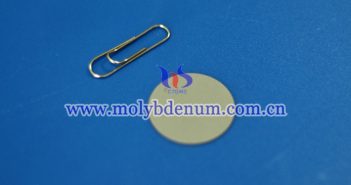
The optimization of the powder metallurgy is crucial to the final performance of molybdenum-copper materials, which mainly affects the following aspects: 1. Density Density is one of the key parameters that determine the properties of alloys. Increasing the density can effectively reduce the porosity of the material and improve its thermal conductivity and mechanical properties. Measures such as the use of ultra-fine powders, optimized sintering temperatures, and extended holding times can increase the density of the final material. 2. Thermal…









